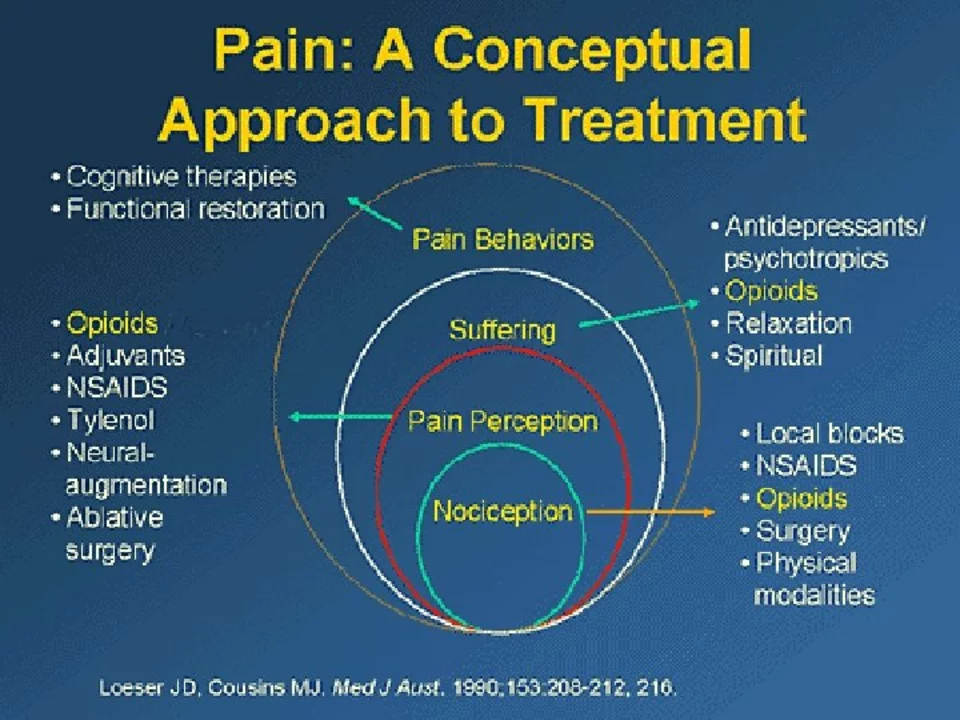What to Know About Medications: Simple, Practical Advice
Are you trying to figure out a new prescription, weigh side effects, or find a safe online pharmacy? This tag collects short, useful reads that cut through the noise. You’ll find clear reviews, dosing tips, safety checks, and honest takes on alternatives — all aimed at helping you make smarter choices fast.
Quick checklist before you try a new medicine
Here’s what I check first, and you should too: 1) Purpose — does the drug match your diagnosis? 2) Dose and schedule — is the starting dose clear and easy to follow? 3) Major side effects — which ones show up early and which need urgent care? 4) Interactions — will this clash with other meds or supplements? 5) Monitoring — do you need blood tests (like INR for warfarin)? 6) Source and cost — is the pharmacy legit and the price fair? Use this list every time you read an article or get a script.
On this site you’ll find real examples that follow the checklist. For instance, our Coumadin piece explains INR monitoring and food interactions so you don’t guess. The Lexapro guide breaks down common side effects and realistic dosing steps. If you’re buying online, the mydrugshoplive.com review explains delivery speed, legality, and quality checks to watch for.
How we pick topics and what you’ll get
We focus on things people actually ask about: which pharmacies are worth using, safe medication alternatives, and what to expect while taking a drug. Expect practical patient diaries (like the ampicillin sinus diary), comparisons (paracetamol vs ibuprofen), and lists of alternatives when a med isn’t right for you (examples: Duloxetine, Antabuse, Synthroid alternatives).
Want help right away? Use these quick moves: search the site for the drug name + “side effects” or “alternatives”; read product reviews before you buy; check if an article cites lab tests or real patient experience. If cost matters, our pharmacy alternatives pieces show where to shop in 2025 and which services automate refills for meds like Symbicort.
Safety note without scaring you: never change doses or stop a prescribed medicine without talking to a clinician. Articles here are practical guides, not a replacement for your prescriber. If you see symptoms like sudden shortness of breath, chest pain, or signs of severe allergic reaction, get urgent care.
Got a topic you want covered? Use the contact page to send a suggestion. We aim to keep answers short, useful, and backed by straightforward facts so you can act with confidence.
As a blogger, I recently came across an interesting topic on Methocarbamol and its role in post-operative pain management. Methocarbamol is a muscle relaxant that helps alleviate muscle spasms and pain, making it a useful option for patients recovering from surgery. In my research, I found that this medication can be taken orally or intravenously, depending on the patient's needs and the severity of their pain. It is crucial for patients to discuss this option with their healthcare provider, as Methocarbamol may have potential side effects or interact with other medications they are taking. Overall, Methocarbamol can be an effective tool for managing post-operative pain and promoting a smoother recovery process.

